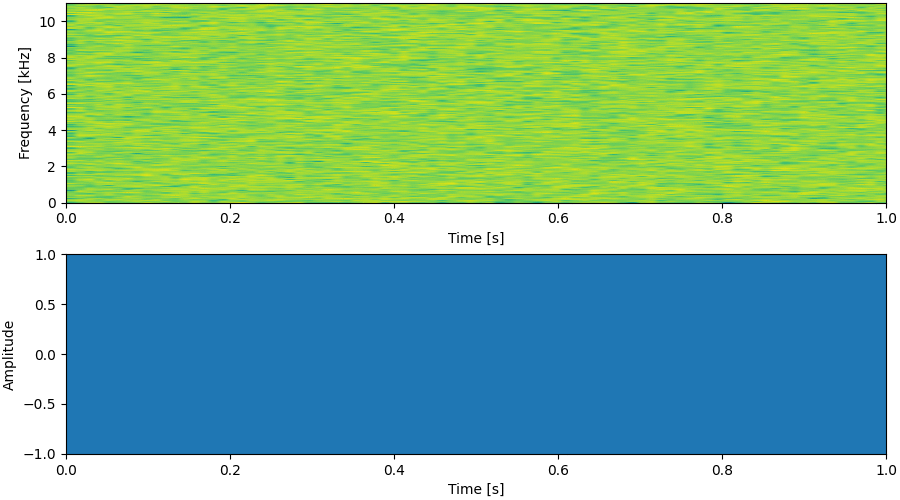WaveGrad 2: Iterative Refinement for Text-to-Speech Synthesis
This paper introduces WaveGrad 2, a non-autoregressive generative model for text-to-speech synthesis. WaveGrad 2 is trained to estimate the gradient of the log conditional density of the waveform given a phoneme sequence. The model takes an input phoneme sequence, and through an iterative refinement process, generates an audio waveform. This contrasts to the original WaveGrad vocoder which conditions on mel-spectrogram features, generated by a separate model. The iterative refinement process starts from Gaussian noise, and through a series of refinement steps (e.g., 50 steps), progressively recovers the audio sequence. WaveGrad 2 offers a natural way to trade-off between inference speed and sample quality, through adjusting the number of refinement steps. Experiments show that the model can generate high fidelity audio, approaching the performance of a state-of-the-art neural TTS system. We also report various ablation studies over different model configurations. Audio samples are available at https://wavegrad.github.io/v2.
PDF Abstract


